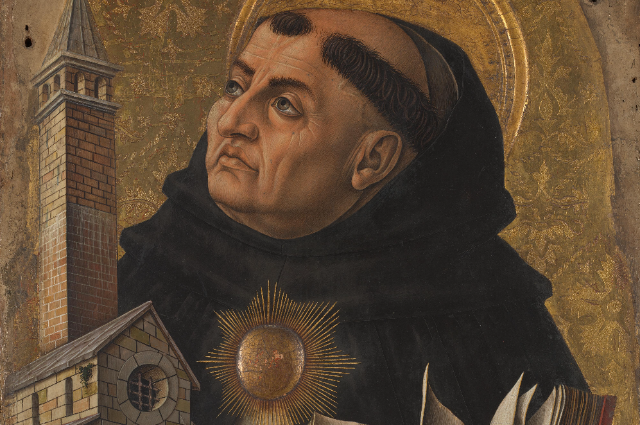The natural law school of jurisprudence is a theory of ethics and law that suggests there are fundamental, inherent principles of justice and morality that govern human behaviour and should form the basis for legal systems. These principles are considered to be universal, objective, and discoverable through reason & human nature.
Proponents of natural law schools
- Thomas Aquinas
- John Locker
- Cicero
- Hugo Grotius
- John Finnis
- Lon L. Fuller
Division of Natural Law.
It can be broadly classified into four classes:
- Ancient Theories.
- Medieval theories
- Renaissance theories
- Modern Theories
1. Ancient Theory
In Greek: The Greek thinkers developed the idea of natural law and laid down its essential features. The jurists think an opportunity to develop new universal principles that would tackle and control tyranny and arbitrariness.
- Socrates
He believed that there is physical law - According to him: man has his own insight which makes him know of things whether they are good or bad, and that's the way to judge moral values. He ensures peace security and stability in the region.
- Aristotle
He divides the life of man into two parts, 1- Created by god; 2- Quality of reason with these one can find the principle of natural justice.
In Rome:
- Stoics
He was inspired by the theory of Aristotle and made some key changes and make it more ethical.
2. Medieval Theory
- Aquinas
He defined law as obedience to reason for the common good made by him. He divided law into four stages:
- Law of God
- Natural Law
- Divine Law
- Humans Law
Merits:
- Built very elastic & logical theory.
- The sovereign has limited Power.
- Modified theory to changing needs & circumstances.
3. Renaissance Theory
Philosophers of this period:
- Thomas Hobbes
- John Locke
- Rousseau
This period saw major changes in all aspects of knowledge, this period was marked by the emergence of new ideas, new branches of knowledge, and discoveries of sciences that shattered the foundation of established values.
4. Modern theories
- Nineteenth Century
In this century, the natural law and theories reflected more or less the great economic and political changes which had taken place in Europe. Reason or rationalism was the spirit of the 18th century.
- Twentieth century
- Emerged as a reaction against the legal theories.
- Realized that abstract thinking was not completely futile.
- Positivism theories failed to solve the problems created by the change in social conditions.
An exclusive study on theories of Natural Law reveals one thing the concept of Natural law has changed from time to time. In India the constitution gives certain fundamental rights like the right to life, the right to equality, etc., all these rights are also based on principles of natural law, not only this, the principle of natural justice is also based on the natural law.
Conclusion
The Natural Law School encompasses various thinkers and approaches, with diverse interpretations of its key concepts. It offers a powerful framework for understanding the foundation of law and morality. While its interpretation and application remain contested, its influence on legal and philosophical thought is undeniable.

